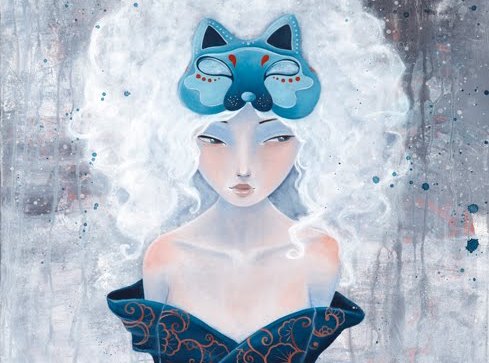Making Comparisons Always Has a Dark Side

If you really want to be happy, do not fall into the temptation of making comparisons between this present moment and others in the past. Anyway, they’ll be moments that, ironically, you didn’t appreciate because you compared them with moments that existed only in your head. In other words, making comparisons is the art of making life bitter. There’s no more effective way to lose focus than to compare the past with the present.
“I miss the good old days” sums up the risks we take when we make comparisons. According to neurologist and psychiatrist Alan R-Hirsch, we remember the past as a combination of many different instances.
In the process of remembering, negative emotions fade. But when we remember, we hold onto positive emotions, thus idealizing the past. The good parts of our past will always beat the present. Precisely because of this bias.
In order to grow, we have to write a story with our memories — our history. However, we cannot allow ourselves to get trapped there. What happened to you yesterday may have been wonderful. But it does not mean anything if you don’t keep going with the present. Our actions cannot be an attempt to recover the irrecoverable. Rather, they must be focused on creating new things.
In a world where comparison is habit — classifying ourselves as more or less intelligent than someone, more or less good-looking, more or less successful — it’s not easy to believe that love does not make comparisons.
Why do we make comparisons?
According to Festinger’s theory of social comparison, certain characteristics of the particular situation, such as ambiguity, are significant motivating factor in making comparisons. He came to this conclusion by observing a principle that regulates all social comparisons: conformity.

This theory explains how we evaluate our own opinions and abilities using information we obtain through comparisons to others. Making comparisons thus respond to our need to evaluate ourselves.
By doing that, when we’re in a situation interacting with people, we can preserve or affirm our autonomy and identity. We can differentiate ourselves from others. When we feel our identity is being threatened, one of our probable solutions is to differentiate and use comparisons as a scale.
We compare ourselves to others because we need to know our place in the world or in a group. For example, picture two brothers. One is very studious and the other is not. The second, to safeguard his identity, knowing he won’t be able to stand out in the area his brother does, will most likely work on another area, such as sports. In this way, he will be balanced in his comparison to his brother: one is not better than the other; they are different.
We do not have to compare our achievements with those of others. We just have to ask ourselves one question: Have I given the best of myself?
When making comparison just hurts us
Depending on our personal characteristics, we may compare ourselves with others in an upward or downward direction. When we compare ourselves with others who are on the rise, we analyze comparisons in which we are likely the one at a disadvantage. On the other hand, in a downward comparison, we analyze characteristics where we’re at an advantage.
It’s unequal: making comparisons with people considered superior to yourself feel more unpleasant than how pleasant making comparisons with people considered inferior feel. This could be due to the fact that we perceive upward comparisons as a threat.

Advertising and marketing use upward comparisons in their ads, usually generating dissatisfaction in consumers. Then, the dissatisfaction makes us more vulnerable to the adverse effects of consuming images in the media. People who make more upward comparisons are at greater risk of being influenced by Photoshopped ads, for example.
Human beings have a unique ability to compare. This is a great mental skill, but remember that it can also create great dissatisfaction in life.
This text is provided for informational purposes only and does not replace consultation with a professional. If in doubt, consult your specialist.








